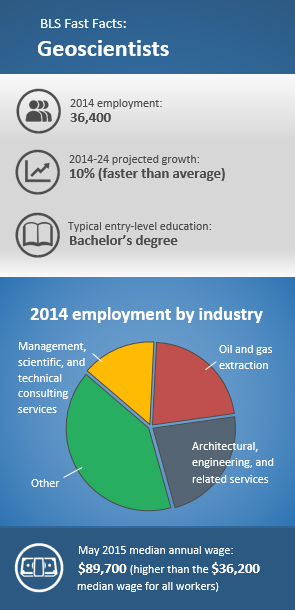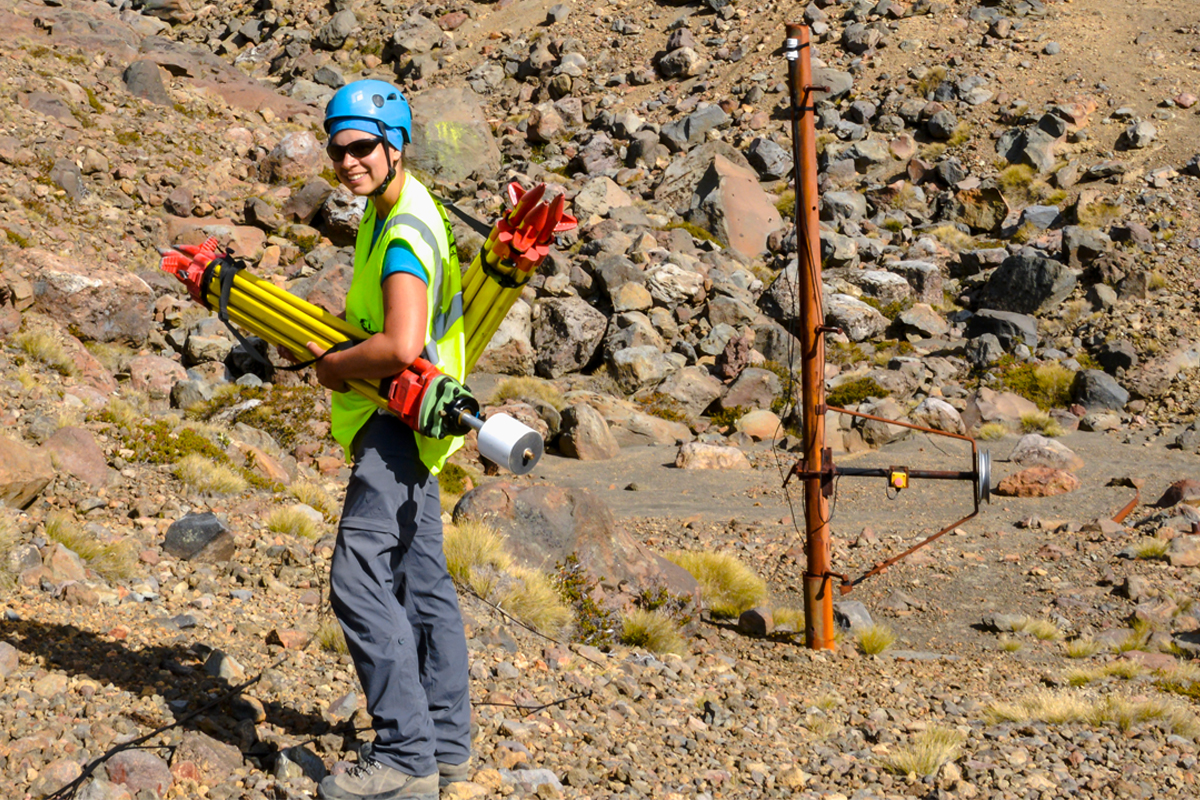All Categories
Featured
Table of Contents
Bsc Geophysics in Bedford Australia 2022

(PREM)., and the limits in between layers of the mantle are consistent with phase transitions.

This makes plate tectonics possible. Schematic of Earth's magnetosphere. The solar wind circulations from delegated right. If a planet's magnetic field is strong enough, its interaction with the solar wind forms a magnetosphere. Early space probes drawn up the gross dimensions of the Earth's magnetic field, which extends about 10 Earth radii towards the Sun.
Inside the magnetosphere, there are fairly dense areas of solar wind particles called the Van Allen radiation belts. Geophysical measurements are typically at a specific time and place. Accurate measurements of position, along with earth contortion and gravity, are the province of geodesy. While geodesy and geophysics are different fields, the two are so carefully connected that lots of scientific organizations such as the American Geophysical Union, the Canadian Geophysical Union and the International Union of Geodesy and Geophysics incorporate both.
Geophysical Engineerskills And Knowledge in Glendalough Oz 2023
, combines astronomical collaborates and the local gravity vector to get geodetic collaborates. This technique only provides the position in 2 collaborates and is more tough to use than GPS.
Gravity measurements became part of geodesy because they were required to associated measurements at the surface area of the Earth to the referral coordinate system.
Sea level can also be measured by satellites using radar altimetry, contributing to a more accurate geoid. In 2002, NASA introduced the Gravity Recovery and Climate Experiment (GRACE), in which two twin satellites map variations in Earth's gravity field by making measurements of the range in between the two satellites using GPS and a microwave varying system. , which are studied through geophysics and space physics.
Geophysical Surveying - Methods And Applications in Osborne Park WA 2021

Considering that geophysics is worried about the shape of the Earth, and by extension the mapping of features around and in the planet, geophysical measurements consist of high precision GPS measurements. These measurements are processed to increase their precision through differential GPS processing. When the geophysical measurements have actually been processed and inverted, the interpreted outcomes are plotted using GIS.
Numerous geophysics business have actually developed internal geophysics programs that pre-date Arc, GIS and Geo, Soft in order to meet the visualization requirements of a geophysical dataset. Expedition geophysics is applied geophysics that typically utilizes remote sensing platforms such as; satellites, aircraft, ships, boats, rovers, drones, borehole sensing devices, and seismic receivers.
Aeromagnetic data (airplane collected magnetic data) gathered utilizing traditional fixed-wing aircraft platforms should be remedied for electromagnetic eddy currents that are developed as the airplane moves through Earth's magnetic field. There are likewise corrections associated with modifications in measured potential field intensity as the Earth turns, as the Earth orbits the Sun, and as the moon orbits the Earth.
How To Become A Geophysicist in Roleystone Australia 2023
Signal processing involves the correction of time-series data for undesirable noise or mistakes presented by the measurement platform, such as airplane vibrations in gravity information. It also involves the decrease of sources of sound, such as diurnal corrections in magnetic data., meteorology, and physics.
The magnetic compass existed in China back as far as the fourth century BC. It was used as much for feng shui as for navigation on land. It was not up until great steel needles could be created that compasses were utilized for navigation at sea; before that, they could not keep their magnetism long enough to be helpful.
By looking at which of 8 toads had the ball, one might figure out the instructions of the earthquake.'s (1600 ), a report of a series of precise experiments in magnetism.
Geophysical Survey in Como Aus 2022
In 1687 Isaac Newton published his, which not only laid the structures for classical mechanics and gravitation but likewise explained a range of geophysical phenomena such as the tides and the precession of the equinox. The first seismometer, an instrument capable of keeping a constant record of seismic activity, was developed by James Forbes in 1844. Geochemistry, Geophysics, Geosystems. National Aeronautics and Space Administration. Obtained 13 November 2018.
Runcorn, S.K, (editor-in-chief), 1967, International dictionary of geophysics:. Pergamon, Oxford, 2 volumes, 1,728 pp., 730 fig Geophysics, 1970, Encyclopaedia Britannica, Vol. Intro to seismology (2nd ed.).
Latest Posts
What Geophysicists Do in Iluka WA 2023
Geophysical Survey Definition in Casaurina Oz 2021
Geology And Geophysics - Careers And Employment in Manning Aus 2022